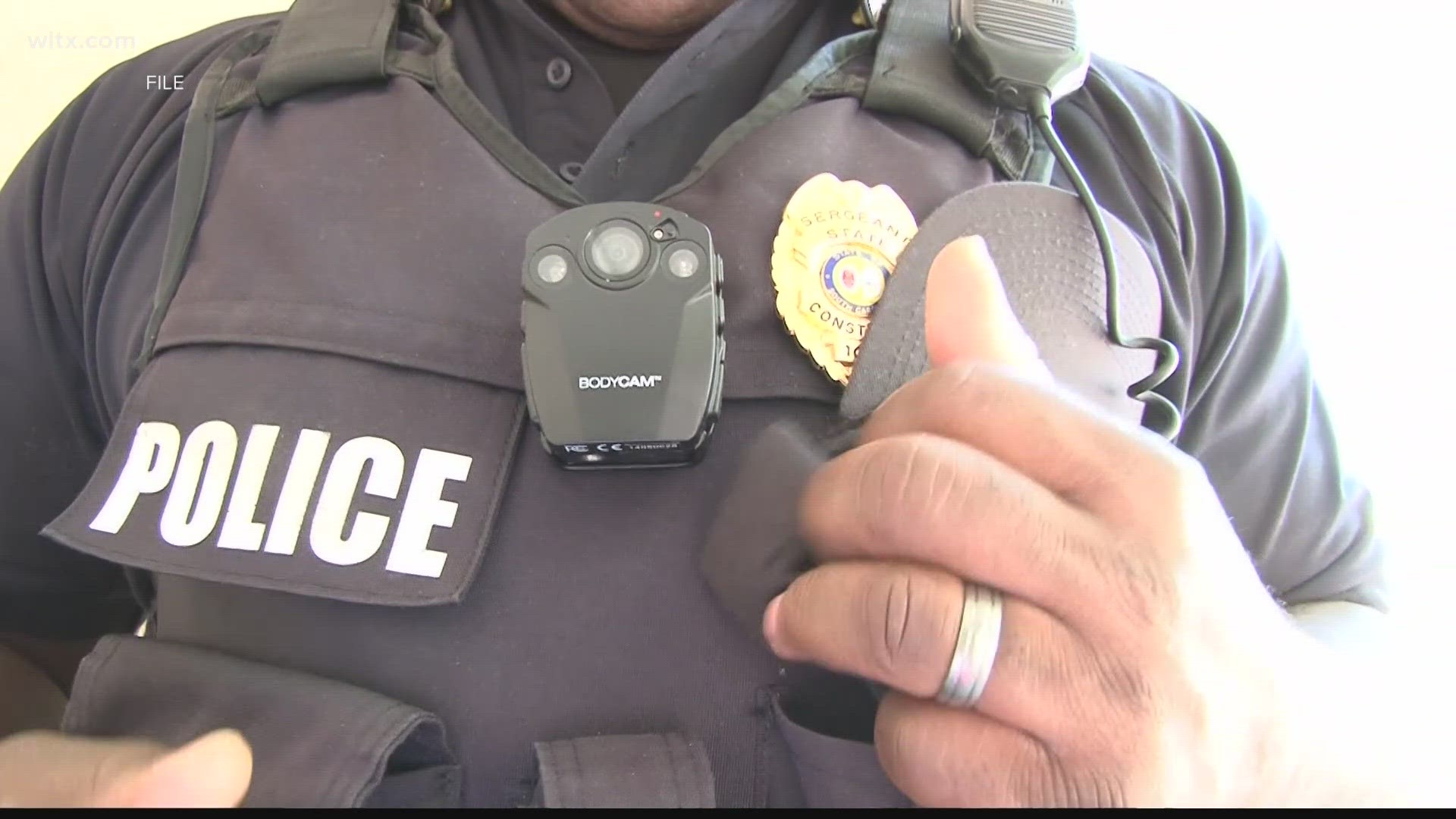RICHLAND COUNTY, S.C. — Body cameras are widely used by local and state law enforcement to record and document situations, but the coroner’s office in Richland County doesn't use them.
Richland County Coroner Nadia Rutherford is hoping to change that.
“We had a particular scenario where a mother told us to let her daughter be the point of contact because she was just so distraught,” Rutherford said. “We used the daughter as the point of contact, and then the mother says that she never told us that even though there were four or five people on scene who could attest to that. We didn't have it on camera. We didn't have it recorded any place, and so we really didn't have a leg to stand on as she's making all of these accusations against our office.”
Rutherford says body cameras would address these types of situations, being able to document what they see and hear on the scene. It can also help with training deputies on all their protocols.
“It would not be harmful at all to be able to go back and view a body cam,” Deputy Andy Robinson said. “And say ‘okay, what exactly did I see here.’”
The body cam footage, like that of police officers, could also be shown to victims’ families or used in court.
“I think it will help to answer a lot of questions,” Rutherford said. “About body position, body assessment, and what was actually done to the body once the coroner's office arrives.”
Rutherford says she’s also hoping to secure funding for privacy screens, which would allow coroner’s deputies to shield bodies from view. She says this is partly due to people filming crime scenes and deceased individuals and posting it on Facebook.
“It is disheartening to think about seeing your loved one lying there and someone is just using it for entertainment purposes,” Rutherford said. “Very, very frustrating.”
The coroner’s office has not secured funding for either of these tools yet but says they’re combing through hundreds of grants.
“I think it's generally a good idea,” said one Columbia resident. “Recording the way that the body is handled is, it's just good for the record. You know if any mistakes or any you know, contamination happened as a process, you'd want that to be documented, so it'd be part of the official record.”
Once they get their new equipment, the coroner’s office hopes to use body cam footage for training across the state to help other coroners’ offices advocate for cameras.

